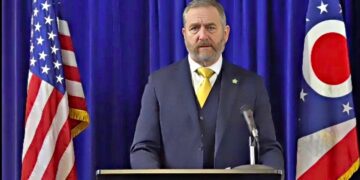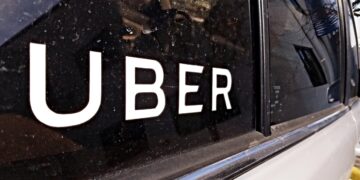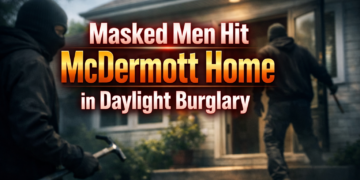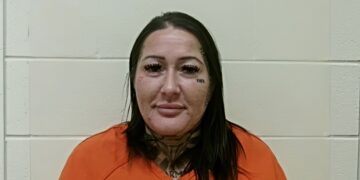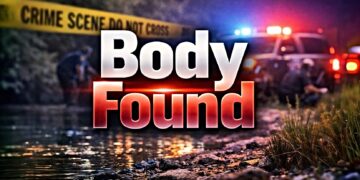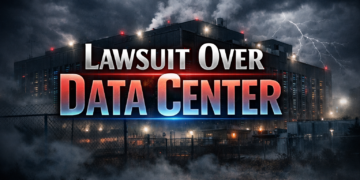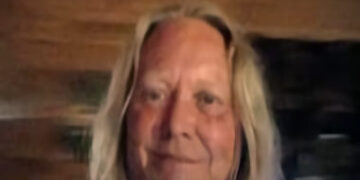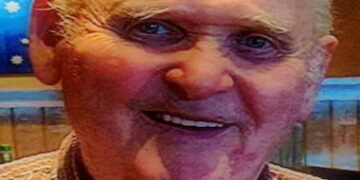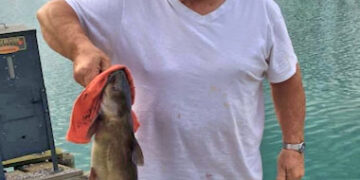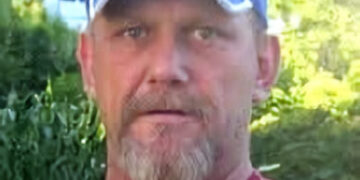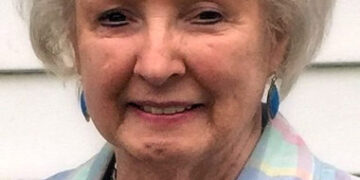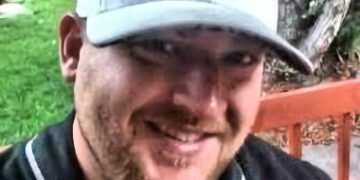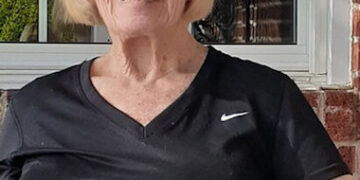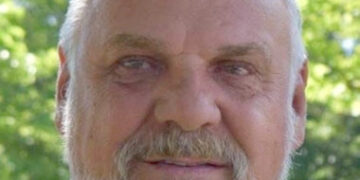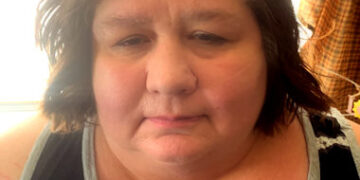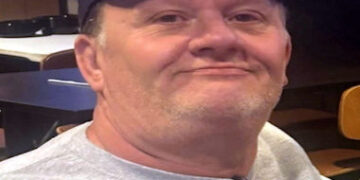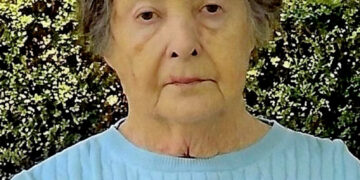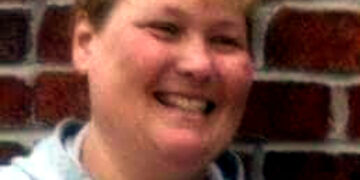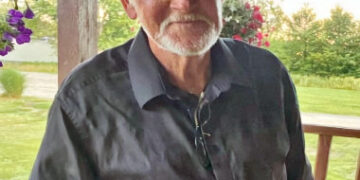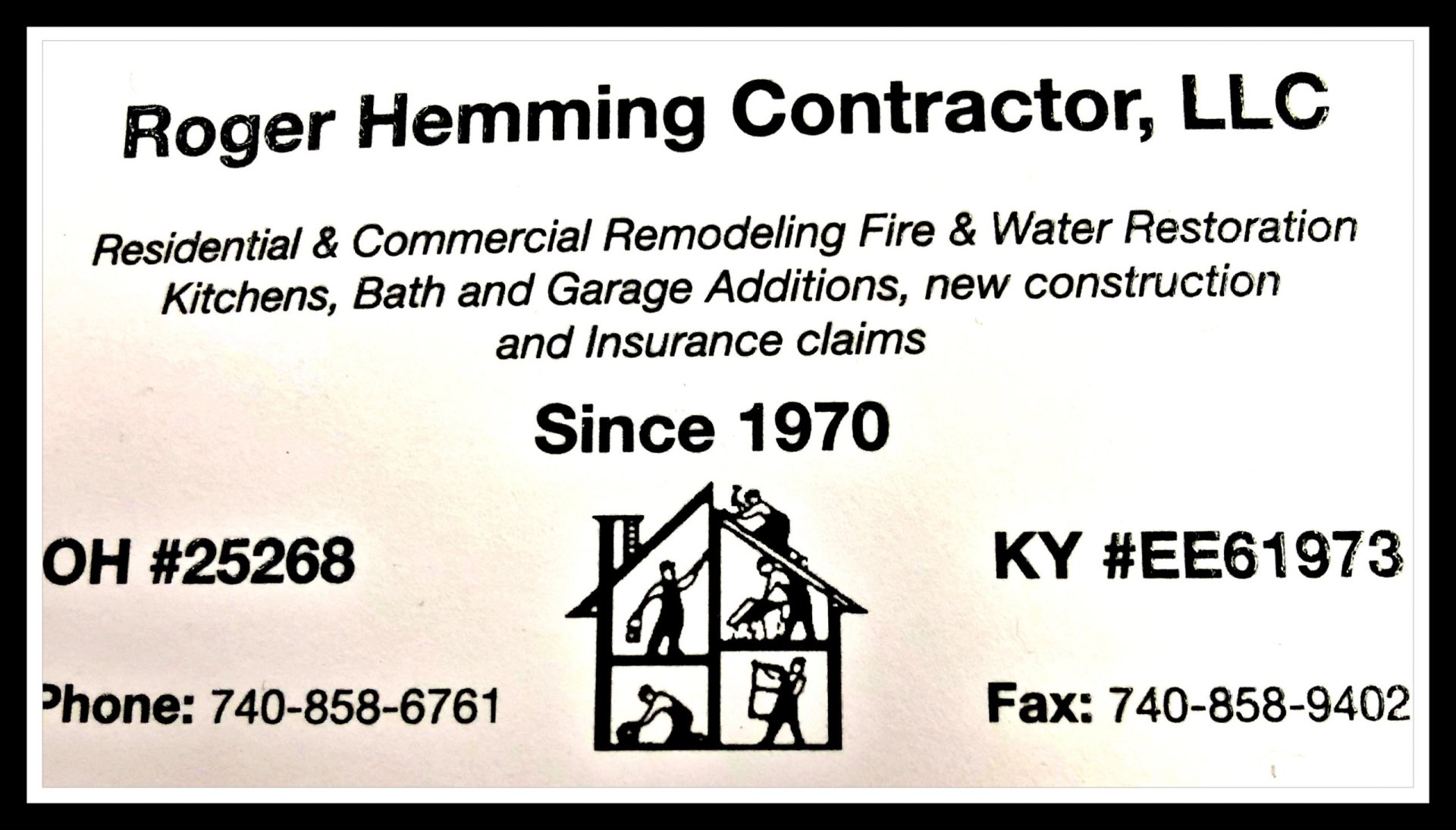“I Have COVID, but I’m Going To Work Anyway”
Audio Assist Version
There is a dirty little secret that’s not much of a secret anymore. The murmurs have turned into rumbles. The “submit a tip” section of our website has been inundated with complaints about people who are knowingly returning to the workplace after being tested positive for COVID. Further, we have had employers report that employees who have been sent home will not continue the retesting process to return to work. Rather, they simply move on to another job and do not disclose their COVID-19 diagnosis.
Of course, this issue is not limited to our county. However, it is our responsibility to inform and notify our readers that these incidents are indeed occurring. Our sources are protected by law and those that are sick are protected by privacy laws. The overall issue is not.
What causes a person to make these, seemingly irresponsible, decisions?
Is it a lack of awareness? Is it a belief that there will be no serious repercussions? Or is it a basic survival tactic? Bills. money. food, clothes, shelter, electricity, heat, you know, those things.
It would be a jaded perspective to assume that these workers simply have no regard for the well-being of their coworkers, family, friends, or community. The most obvious answer comes down to the preservation of lifestyle. The most basic instinct: Survival.
By The Numbers
69% of adult Americans have less than $1,000 in a savings account
31% of Americans say they can’t save any money because they live paycheck to paycheck
41.13% of those aged 18-24 have no savings
- 26.24% of those aged 18-24 have less than $1,000 saved
- 14.18% have $1,000-$4.999 saved
50% of those aged 25-34 have no savings
- 21.15% of those aged 25-34 have less than $1,000 saved
- 14.42% have $1,000-$4,999 saved
40.91% of those aged 35-44 have no savings
- 29.09% of those aged 35-44 have less than $1,000 saved
- 12.73% have $1,000-$4,999 saved
54.29% of those aged 45-54 have no savings
- 20.39% of those aged 45-54 have less than $1,000 saved
- 9.87% have $1,000-$4,999 saved
40.24% of those aged 55-64 have no savings
- 26.22% of those aged 55-64 have less than $1,000 saved
- 13.42% have $1,000-$4,999 saved
COVID Related financial issues have cost the average American $3,138.79 in addition to any Stimulus Payments received.
The average payment came out to $1,809.
So, given the nationally published numbers, where did people get the extra $3,138.79? Answer: Debit and unpaid bills. Recently, many people received an additional $600.Realistically, did that pull the average family out of the red?
The Professionals Join The Conversation
Shawn Stratton, a local attorney, said this. “I think it should be a joint effort by the employee and the employer. If you are positive, you should feel comfortable telling your employer without fear of losing income. The employer should step up and pay for the employee while they are off work for the virus. However, this is not happening. Some employers who have received large amounts of government assistance are not supporting their employees. Also, I think there is a lot of confusion about quarantine and what should be done. Down the road, there could be a liability for working or exposing people to the virus with knowledge of a positive test“.
Larry Mullins, Director of Scioto County EMA told SCDN “It is unfortunate that many people have had to put their health, that of their loved ones, and their coworkers at risk to survive economically during the pandemic. It is also said that many of our businesses have closed and suffered irreparable financial damage because of decisions made completely out of their control.”
“The moral and ethical implications of the decision people and businesses are having to make to survive during this difficult time is something they will have to live with should the ramification of their actions end in a tragedy. No one should have been placed in this impossible situation of choosing dollar signs over vital signs.”
“The fact that many have is a failure of those in charge of the response of the pandemic to consider very possible consequence on our citizens and businesses both financial and health-wise and addressing them.”
Kevin E Johnson-Mayor/Third Ward Council Member of Portsmouth, Ohio provided this heartfelt message. “I can’t imagine anyone continuing to work any job, outside of the confines of their home, knowing they are positive with this horrible virus. I realize that in many cases, financial matters can seem to weigh heavy on the decision process. I also realize that we are in a battle with a very bad virus that has wreaked havoc, sickness, and death upon not just our world, but our nation, state, city, and our own neighborhood.”
“I would strongly urge anyone that test positive, or is experiencing symptoms of Covid-19, Please get tested, stay home, Get Yourself Well. There are many programs and opportunities for financial assistance, and even in some cases forgiveness of financial obligations., We as Americans are a Great makeup of people. With all of our wonderful resources, I believe our Greatest Resource is the Resolve of each other.”
“Let’s look out for each other as we endure this pandemic. Let’s take time to call our friends, family, and neighbors. Let’s make sure they’re safe and have what they need. If they’re hungry, leave some food on their porch or designated area. If they need errands run, or other assistance, let’s help accommodate their needs. We are in a beautiful time of year where we celebrate a very special holiday that is all about God’s Love and the gift of His Son. Let’s each share that special love with our fellow man.”
The Cost of Multiple Tests
The SCDN team has brought this question up during several interviews with local and state officials. You can see it addressed here during our Town Hall with Dr. Byers and Dr. Martin.
The COVID-19 test cash price is $135 – $375, depending on the type of test.
The issue that has come up time and time again is whether the employer, who insists on multiple follow-up tests before allowing the employee to return to work, should be responsible to pay the cost of those additional tests. The initial test is covered by most insurances as well as conducted for free and many “pop-up sites” across the area.
We have heard claims and verified that some employers are requiring as many as three additional COVID tests upon the employees return to work. One negative test to return to work and then follow up tests to ensure the infection has not returned. Under most insurance programs those additional tests are not covered. In many cases we have investigated, the employers are not paying or reimbursing the employee for the required tests that they have imposed.
This is yet another factor forcing the worker to seek alternative means of employment. One manager of a national retailer told me they take the temperature of the worker, send them for a test, and never see them again. That manager went on to say they are experiencing major deficiencies in staffing. He ended our conversation by speculating that most people they sent home never went for a COVID test.
The problem is amplified when the employee has attained a level of benefits, accrued vacation time, seniority, significant 401k contributions, or is highly skilled in a specific field and could not easily be replaced or find alternative local employment.
When you read reports that include the term “community spread” that means that the contact tracers are unable to pinpoint an outbreak to a specific event or location. Over the last month, we have heard the term “community spread” more often than at any other time during this pandemic.
What Do We Do Now?
First, we must understand that this is not a localized problem. It is not time to turn on each other. As we discussed in the masking mandate versus ADA and HIPAA laws, it certainly is not a time to confront others in public or call the police.
We have read the response from the legal perspective, the Emergency Management angle, and the Mayor of Portsmouth has offered some sage advice about the community coming together rather than dividing.
This whole issue comes down to the most basic human instinct: Survival. The need to preserve one’s household and livelihood rises above all else. We have been forced to be socially distanced for so long that maybe, just maybe, we have lost sight of the fact that we are surrounded by loved ones, friends, and neighbors who would certainly answer the call and help. In our isolation, sometimes we forget that we can make that call.
Stopping the community spread is more than wearing a mask. Closing restaurants early, limiting occupancy, and making sure people are as far apart as possible is an exercise in futility if the citizens are afraid to admit when they are sick. We have done interviews with people who have been bullied because they have tested positive and that simply cannot stand.
If you are positive for COVID or have been asked to quarantine, then do so. If you are afraid to be tested think of your family, your coworkers, and the vulnerable strangers you encounter. What about them? There are resources available to help you and your family. You will not go hungry. You will not lose your house. Your electricity will not be disconnected. These protections are not new. They were implemented very quickly once it was determined we had a pandemic on our hands.
Love thy neighbor as thyself, Do unto others, and all of those other golden rules. If you have any questions you can reach out in all confidence to our staff or to those who have contributed to this article. We all have resources that we will happily connect you with. Share this article. Let’s get out of the red and stop the community spread.
COVID Work Anyway COVID Work Anyway COVID Work Anyway
Article Sources: Go BankingRates, Yahoo Finance, IRS, CNBC, The Ascent, Mount Carmel, Trinity Health,


